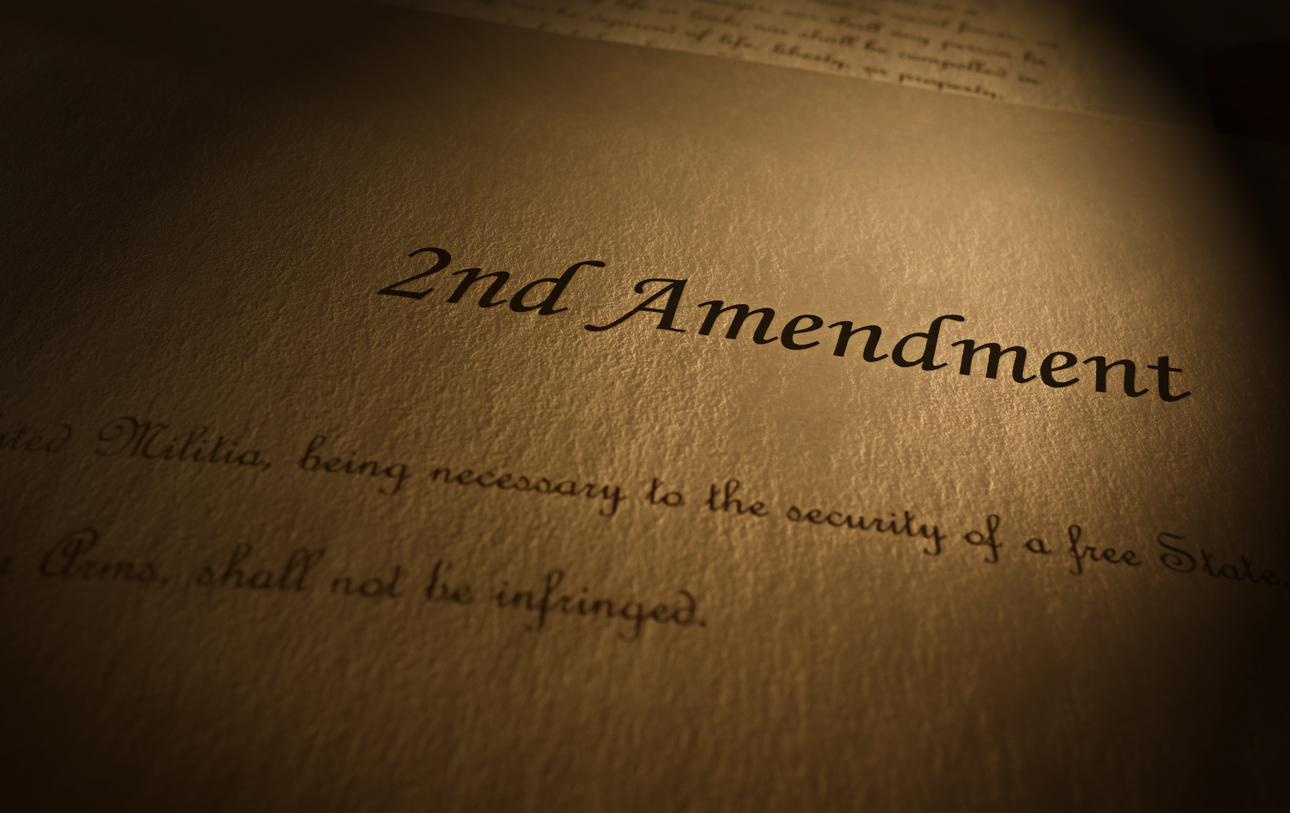The recent decision by the Supreme Court to uphold federal prohibitions on firearm possession for individuals under domestic violence restraining orders represents a significant moment in the ongoing debate around Second Amendment rights and public safety. With an 8-1 ruling, Chief Justice John Roberts articulated that an individual found to pose a credible threat to another’s physical safety can be temporarily disarmed in accordance with the Constitution. This decision underscores the judiciary’s interpretation of the balance between individual rights and community protection.
This marks the Supreme Court’s first major Second Amendment ruling since the pivotal New York State Rifle & Pistol Association v. Bruen case. In that landmark decision, the Court established that any firearm regulation must be consistent with the United States’ historical traditions. The application of this test has proven contentious among lower courts due to varied interpretations, revealing the complexities of aligning modern-day legal standards with historical precedents.
The case in question, Rahimi v. U.S., centers on Zackey Rahimi, convicted of possessing firearms while under a civil protective order, barring him from harassing or threatening his ex-girlfriend and their child. Despite his legal defense citing Second Amendment violations, his case ultimately brought to light fundamental questions about public safety and firearm ownership. The U.S. Court of Appeals for the 5th Circuit initially sided with Rahimi, declaring the federal statute unconstitutional under the Bruen framework. This decision faced strong opposition from the Biden administration, which argued that such laws are vital for protecting victims of domestic violence, supported by statistics showing the prevalence of firearms in domestic homicides.
The Supreme Court’s decision in Rahimi affirms the Second Amendment’s allowance for specific regulations on gun ownership. Justices, including Brett Kavanaugh and Amy Coney Barrett, emphasized that individuals who pose a danger to society have historically been subject to disarmament for public safety reasons. This denotes a nuanced reading of the Second Amendment, recognizing that the right to bear arms does not extend to those who present a credible threat to others.
Solicitor General Elizabeth Prelogar outlined the importance of disarming individuals under restraining orders, reinforcing the principle that the law must sometimes preemptively act to prevent violence. This perspective aligns with cautious conservatism, seeking to preserve both public safety and constitutional freedoms.
The broader implications of this decision suggest alignment with the historical context set out in Bruen, providing a clearer framework for future gun control measures. It indicates that while the protection of Second Amendment rights is paramount, it does not preclude reasonable limitations when public safety is at stake, despite the fact no language of such limitation exists in it.
Moreover, this judgment comes while President Joe Biden’s administration continues its campaign to balance gun rights with safety regulations. Reflecting on Hunter Biden’s conviction for violating firearm possession laws while an unlawful drug user, the ongoing legal battles highlight the diverse challenges and interpretations of Second Amendment rights across different contexts.
The Supreme Court’s stance in the Rahimi case represents a critical moment for defining the parameters of firearm regulations in America. By upholding the temporary disarmament of those posing credible threats, the Court reiterates a commitment to a balanced approach that integrates constitutional fidelity with pragmatic safety measures. As the country navigates these complex judicial landscapes, the necessity of protecting both individual freedoms and societal security remains a central theme in the national discourse.



